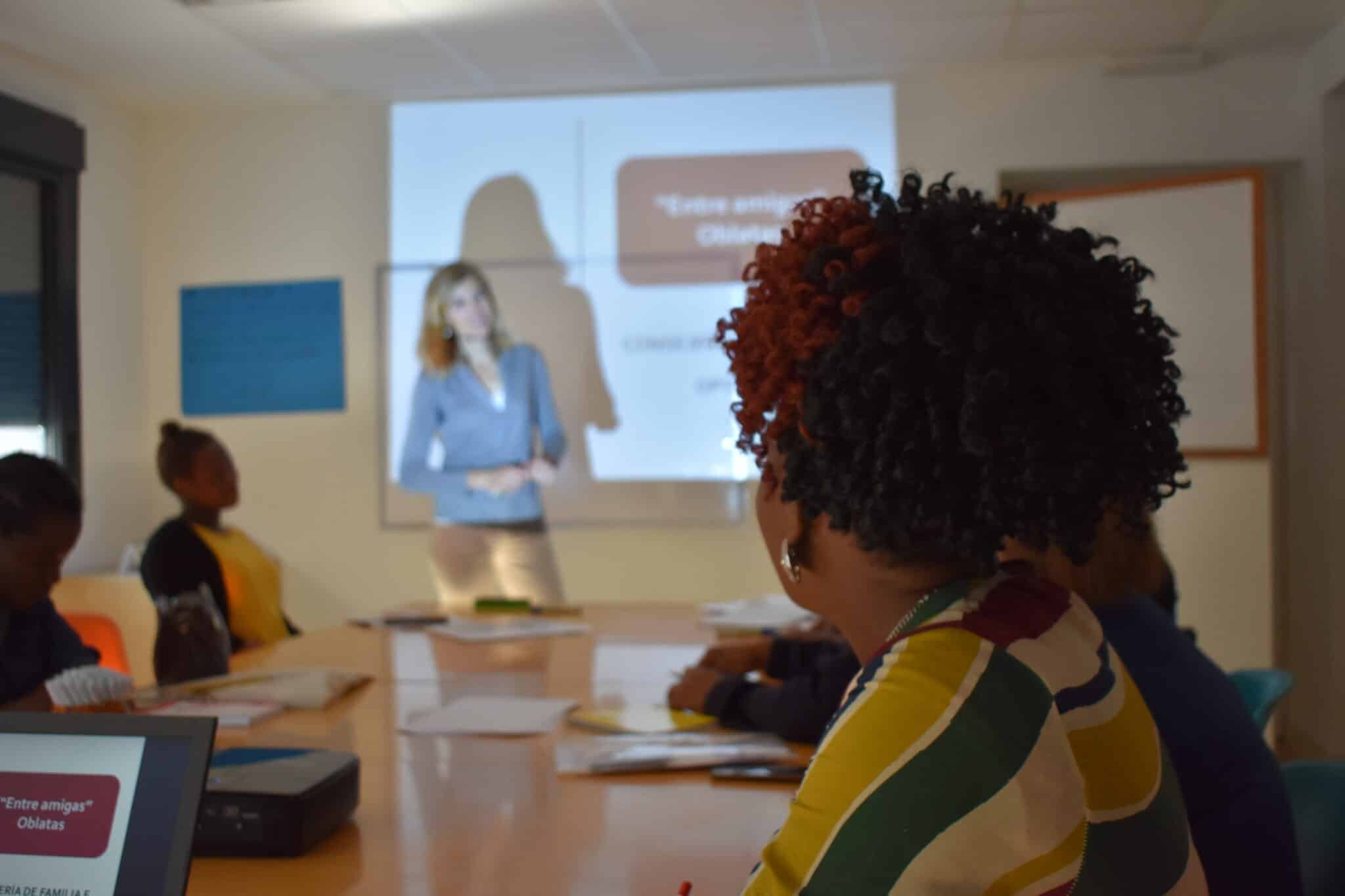The United Nations Office on Drugs and Crime (UNODC) estimates that there are, at a minimum, 2.5 million victims of human trafficking, and approximately 79% of total human trafficking is for the purpose of sexual exploitation, according to the same source. As part of cooperative efforts, Parentes Foundation has begun collaborating with the Economic Fund for Women in Prostitution Situation (FEAM), alongside the Serra-Schönthal Foundation.
Among the main objectives of the initiative is socio-labor inclusion, the promotion of independence, and the empowerment of victims. Ultimately, the training of project beneficiaries for the full exercise of citizenship. FEAM provides assistance to women who have been victims of trafficking for sexual exploitation and their families, primarily sons and daughters. A total of 533 women will directly benefit from this initiative, and approximately 3,000 people will indirectly benefit in various locations in Spain and Portugal, Italy, Colombia, Brazil, Mexico, Argentina, Uruguay, and the Philippines.
Thanks to the resources provided by FEAM, victims gain access to specific professional technical knowledge through socio-labor itineraries that increase their chances of successfully entering the workforce. Additionally, assistance is provided for rent, support in the construction or improvement of housing, and the provision of household equipment.
Attention to victims and investigation against trafficking
The multidisciplinary perspective and diversity in both direct intervention projects with women and research and awareness projects are some of the added values of the Foundation. The non-profit organization Serra-Schönthal has been financially supporting such projects since 2013 in 15 countries and has an extensive archive of studies and research related to the topic.
Among the planned activities made possible by FEAM donors are training workshops; dental, psychological, and medical assistance; or the acquisition of tools and supplies for entrepreneurial ventures. According to the prioritization criteria regarding training and micro-entrepreneurship, profiles of women who have demonstrated commitment to the project program, dedication, and motivation are taken into account.
Seventy percent of women successfully complete specific training courses in various subjects (cleaning, beauty, healthcare, caregivers for dependent persons…). As a result, there is a 60% improvement in the employability of female beneficiaries and progress in the well-being and quality of family life.
